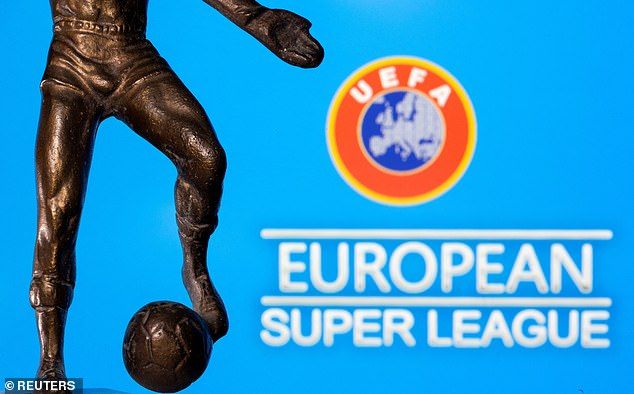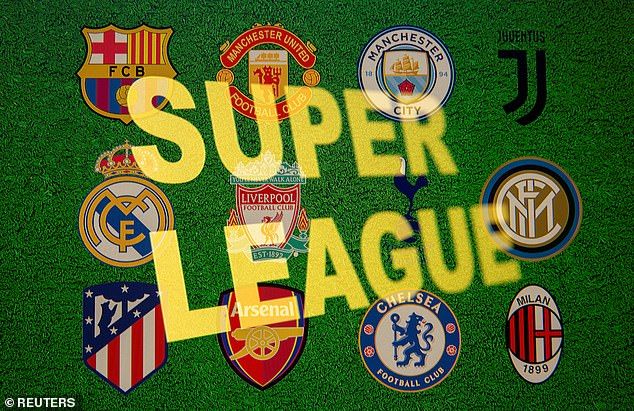Will the Landmark European Court Ruling on ESL and its implications Redefine Power Dynamics in Football?
The European Court of Justice’s recent ruling is a pivotal moment in the European Super League (ESL) saga. The court was to determine if UEFA and FIFA, European soccer’s governing bodies, acted against competition law by blocking the ESL in 2021 and threatening sanctions against involved clubs.

In this landmark decision, the court found UEFA and FIFA’s prior approval requirement for new competitions contravenes EU law. It criticized the lack of a transparent, objective, and proportionate framework in their rules, noting their restrictive control over competition rights, impacting media, consumers, and TV viewers in the EU.
This follows April 2021 events when 12 clubs, including the English Premier League’s ‘Big Six’, announced the ESL, which unraveled amid fan protests and opposition from UEFA, FIFA, and the British government. However, the ruling potentially allows for a similar competition’s future relaunch.
The court emphasized that organizing football competitions and exploiting media rights are economic activities, bound by competition rules and freedom of movement principles. It noted the conflict of interest in FIFA and UEFA’s roles as both regulators and competition organizers.

Real Madrid’s president, Florentino Pérez, hailed the ruling as a new era’s start, highlighting the clubs’ desire for autonomy and innovation in soccer without governing body constraints. UEFA, however, offered a cautious interpretation of the decision. They clarified it doesn’t endorse the ESL but highlights a shortfall in their authorization process, which they claim to have addressed in June 2022. This reflects their effort to adapt while maintaining regulatory control over European football.
This juxtaposition of views underlines the complex dynamics post-ruling. Clubs like Real Madrid see it as an opportunity for more freedom in organizing football competitions, while UEFA is determined to uphold its regulatory role within the court’s decision constraints. This has sparked debate on the future structure and governance of European football, with implications for competition organization, marketing, and regulation.
The decision marks a significant shift in European football, potentially altering the power balance between traditional governing bodies and clubs seeking independence and revenue through competitions like the ESL. Its implications for the structure of European club football, as well as its commercial and legal frameworks, are far-reaching.
As the dust settles on this landmark decision, the ESL’s actual implementation and acceptance among clubs, fans, and stakeholders in European football remain to be seen. What is evident is that the ruling has set the stage for a re-evaluation of power dynamics in European football, with possible global repercussions.
Discover more from
Subscribe to get the latest posts sent to your email.

